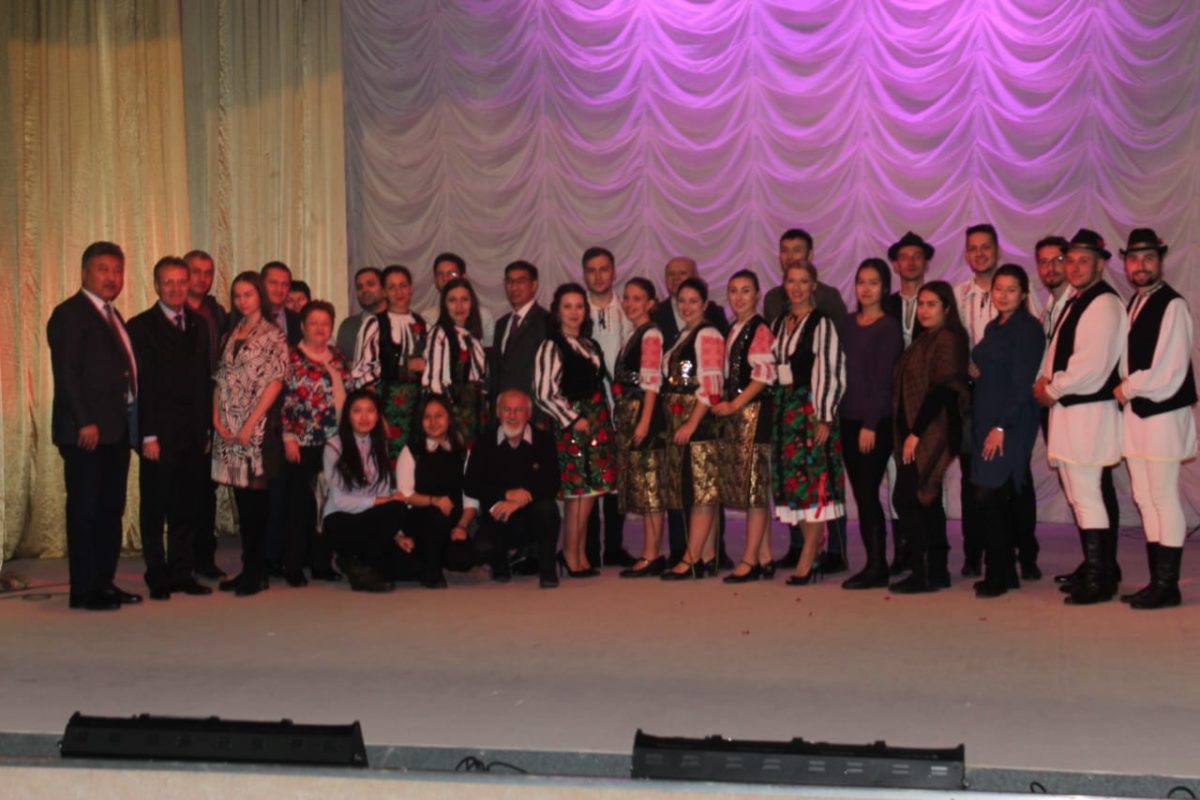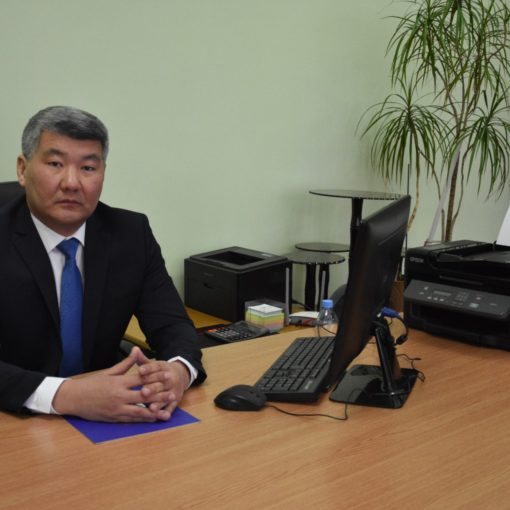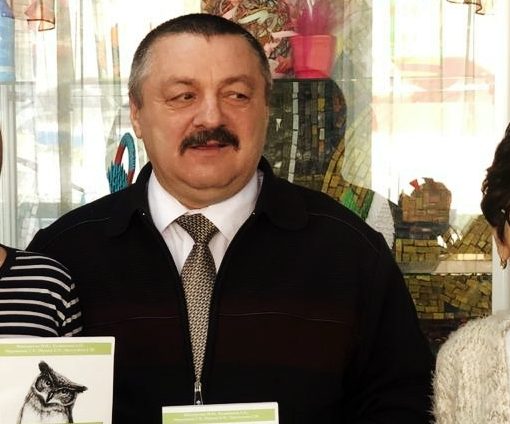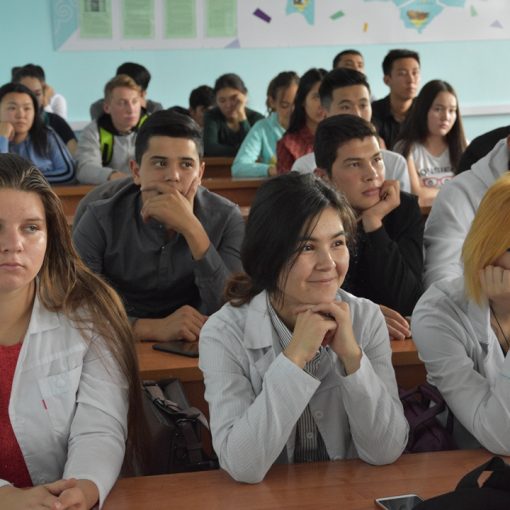According to the Decree of the First President of the Republic of Kazakhstan – Elbasy N. Nazarbayev of October 18, 1995 since 1996 on May 1 the Republic of Kazakhstan celebrates one of the kind and brightest holidays – the Day of Unity of the People of Kazakhstan.
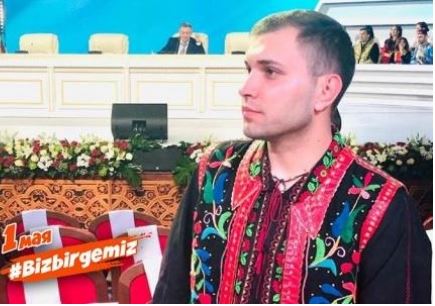
On October 30, 2021 in Academy “Bolashaq” with the participation of students of all educational programs on the eve of the Day of Unity of the People of Kazakhstan was held an online meeting with the head of the youth wing of the NGO “Romanian Cultural Society “Dacia” A. Urmashov.
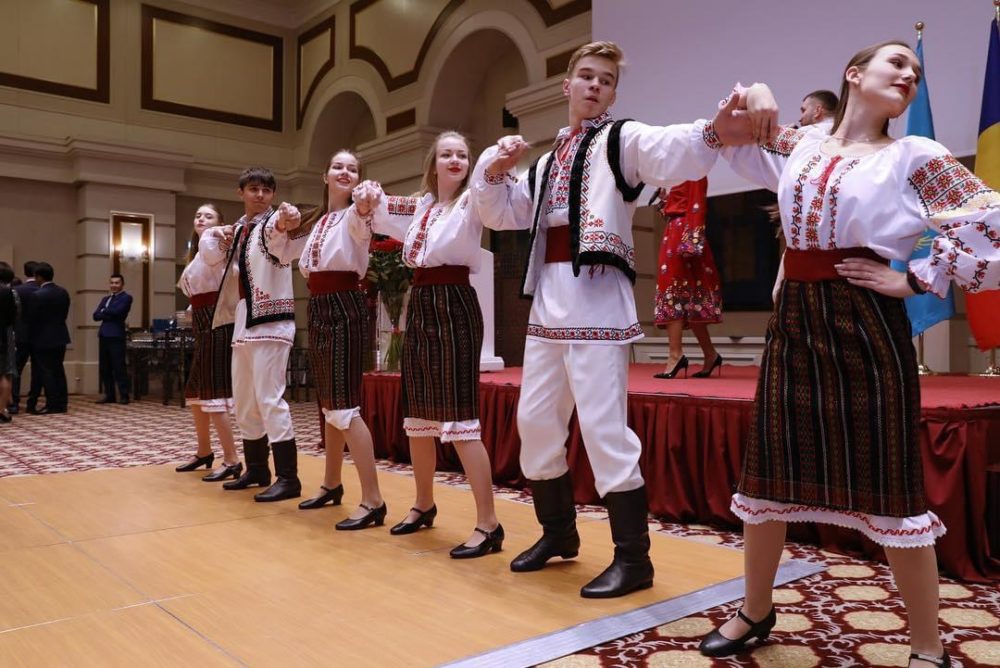
Alexander Nikolayevich told about cultural-educational activity of the Society “Dacia”. Romanian Cultural Society “Dacia” was registered on April 28, 2005. It is the only Romanian center in the country. There are about 4,000 Romanians living in the Karaganda region and about 20,000 in Kazakhstan. According to archival data, most Romanians came to Kazakhstan from Bessarabia and Northern Bukovina in four stages. The first falls on the end of the XIX and the beginning of the XX centuries. The second is associated with deportation and exiles – 1941, 1942, 1952. The third stage is the period of captivity during the Second World War. And the fourth stage is the period of virgin lands development.
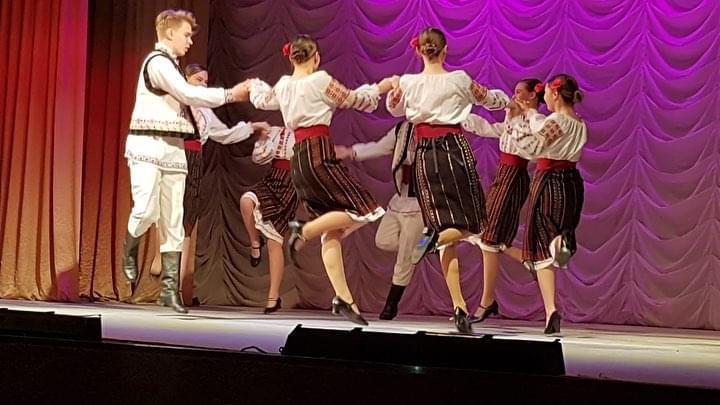
The cultural national center “Dacia” was named after the distant ancestors of the Romanians – the Dacians. The main task of the society is the revival and development of culture and native language, familiarizing the younger generation with Romanian traditions, strengthening friendship between peoples.
The Chairman of the Public Association “Romanian Cultural Society “Dacia”, member of the Assembly of Peoples of Kazakhstan Nikolai Vaslovasovich Plushkis.
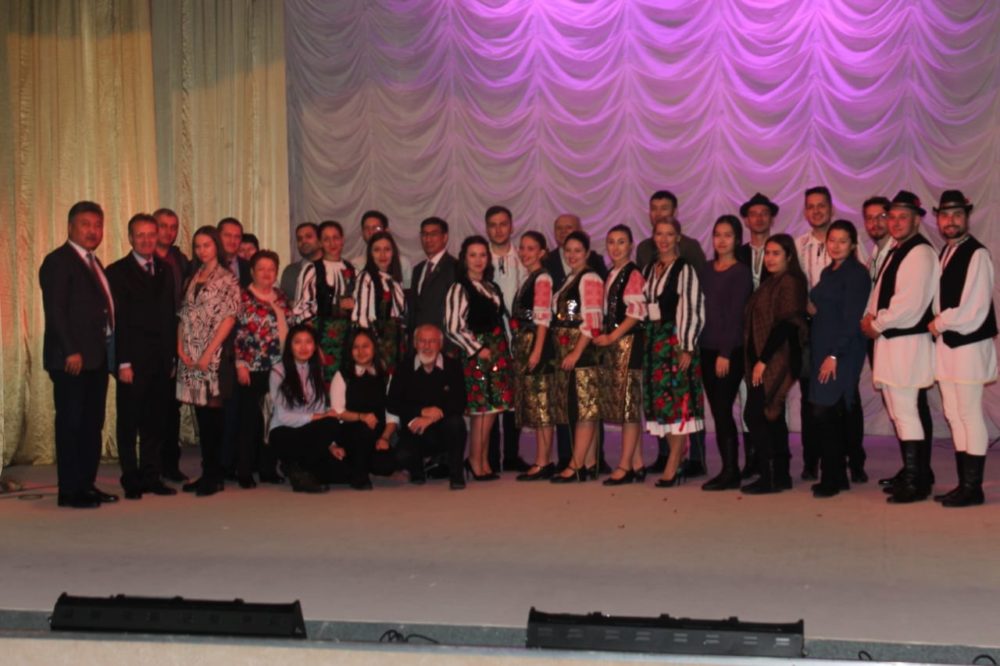
Initiative group of the society with the help of Embassy took measures for organization of courses on studying Romanian language and history of Romanians. Contacts with relatives living in the historical homeland were also restored. The Romanian government has allocated grants for the training of young people of ECO in Romanian educational institutions.
In 2013, with the support of the Romanian Cultural Society “Dacia” a lecture hall of the Romanian language was opened at the Karaganda State University named after Academician E.A. Buketov. Now university students can study the Romanian language on a par with other foreign languages.
The creative teams of the Romanian society successfully represented the region at international festivals and competitions in Romania, and are participants in national and regional festivals and competitions. The Romanian cultural society “Dacia” has created an ethno-folklore ensemble “Dorule”, which has won Grand Prix at festivals in Romania, Serbia and Moldova.
“Dacia” is the organizer and founder of the festival of Romanian culture in Kazakhstan and Central Asia “Mercişor”, which has been held annually in Karaganda since 2013. The society constantly holds concerts of artists from Moldova and Romania, well-known in Kazakhstan.
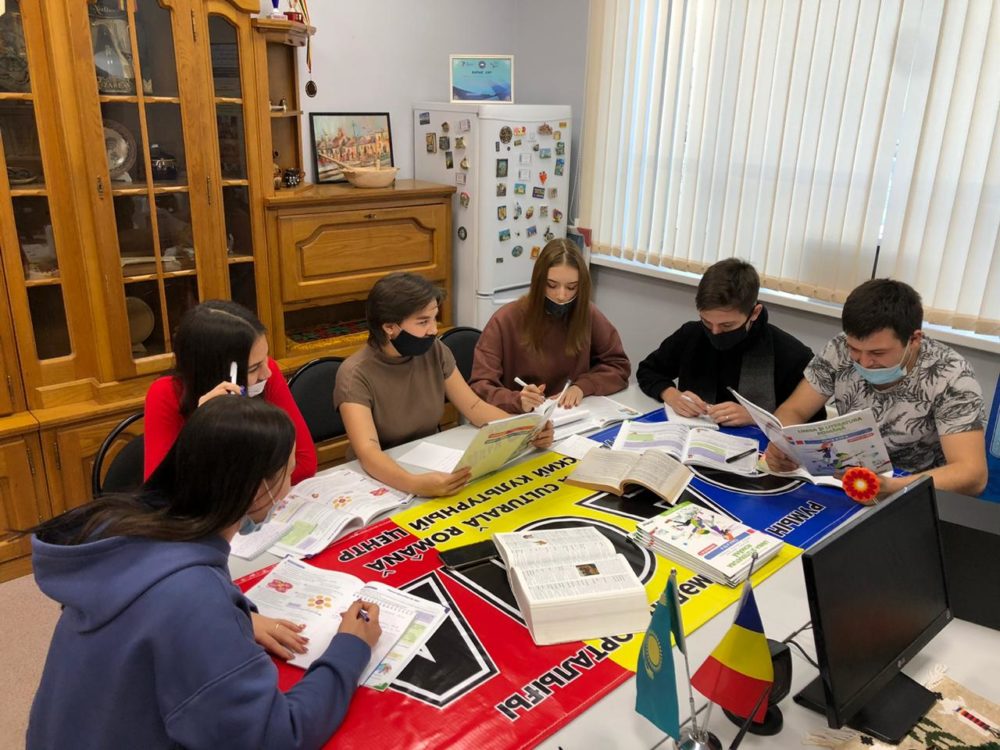
The ethno-cultural association has done a lot of work on the production and installation of memorial signs to Romanians – victims of political repressions in the Spassky Memorial Complex.
At the Romanian public association the Sunday school in which people of different age study functions. Educational literature is provided by the Embassy of Romania. Members of the society, studying at the center, have a unique opportunity to receive language practice, get acquainted with the culture, rituals and traditions of Romanians directly in the historical homeland.
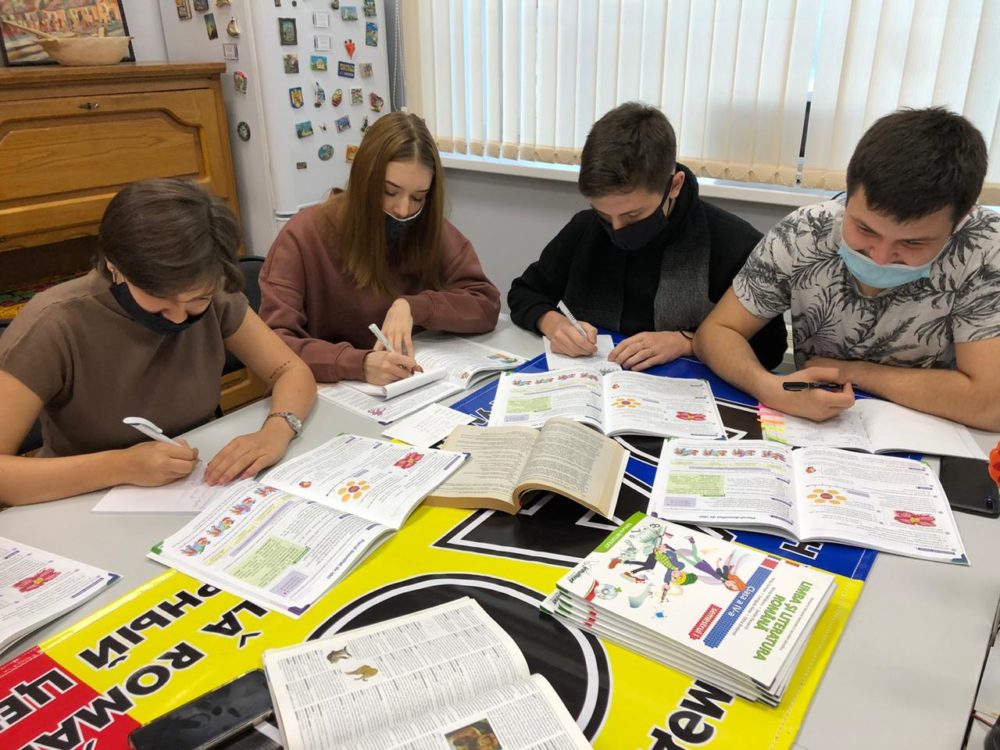
The center is an active participant of republican, regional and city events, takes part in the discussion of issues related to changes in the society. The work is carried out jointly with the state bodies and establishments of the region under the auspices of the regional Assembly of the People of Kazakhstan.
The meeting broadened the students’ understanding of the Romanian ethnicity.
The speaker shared archival photos of events held in previous years through which one can see the flavor of Romanian culture.

